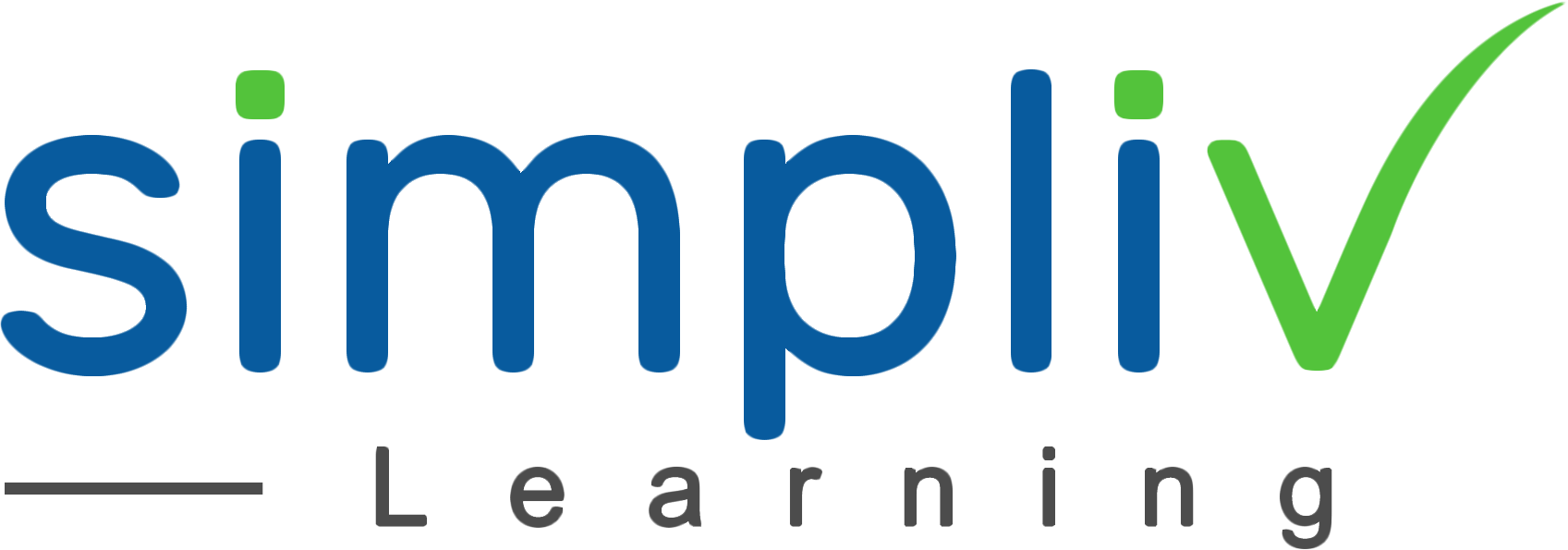Building Resilient Teams: HR’s Role in Mental Health and Well-being
"Building Resilient Teams: HR’s Role in Mental Health and Well-being" explores how HR professionals can support employee mental health by creating a culture of well-being, providing resources, and fostering resilience.
HR & Compliance
3 Hours
Description
This course provides actionable insights into identifying mental health challenges, fostering a culture of resilience, and creating supportive policies that benefit both employees and organizations. Participants will learn how to design preventive strategies, address mental health crises, reduce stigma, and measure the effectiveness of well-being initiatives.
Through interactive activities, case studies, and practical exercises, participants will:
Understand the connection between mental health, team performance, and organizational success.
Explore HR’s critical role in advocating for and supporting mental health initiatives.
Equip managers with the skills to proactively address mental health concerns.
Develop and implement tailored mental health strategies that promote employee resilience.
By the end of the course, participants will have a clear framework for building a mentally healthy, resilient workforce and driving lasting organizational change.
Course Objectives
At the end of the course participant should be able to:
Understand Mental Health in the Workplace:
Recognize the importance of mental health and well-being for employees and organizational success.
Identify common mental health challenges faced by teams and individuals.
Define HR’s Role in Mental Health Advocacy:
Understand HR's strategic role in promoting mental health policies and initiatives.
Advocate for mental health awareness, reducing stigma, and fostering open communication.
Develop Resilience within Teams:
Learn strategies to build a culture of resilience that supports employees in managing stress and challenges.
Equip leaders and managers with tools to encourage mental well-being and team strength.
Design and Implement Preventive Mental Health Strategies:
Create and integrate proactive programs such as stress management initiatives, work-life balance policies, and wellness programs.
Introduce mental health education, workshops, and training to enhance awareness across the organization.
Manage Mental Health Crises Effectively:
Identify the signs of mental health crises and understand intervention strategies.
Navigate legal and ethical considerations while providing appropriate support and resources.
Measure and Improve Mental Health Initiatives:
Develop key performance indicators (KPIs) to assess the effectiveness of mental health strategies.
Collect employee feedback to continuously refine and improve mental health programs.
Champion Mental Health as an HR Leader:
Advocate for long-term mental health solutions that align with organizational values.
Engage senior leadership in supporting and prioritizing mental health initiatives.
These objectives provide participants with the knowledge, tools, and confidence to develop a comprehensive, sustainable mental health strategy that benefits employees and drives organizational success.
Target Audience
HR Professionals:
HR managers, specialists, and coordinators responsible for employee engagement, well-being programs, and policy implementation.
Managers and Team Leaders:
Individuals who oversee teams and need practical tools to recognize, address, and support mental health challenges within their teams.
Organizational Leaders and Executives:
Senior leadership aiming to align mental health initiatives with organizational goals and promote a culture of resilience and productivity.
Workplace Wellness Coordinators:
Professionals focused on developing and managing employee wellness programs that integrate mental health strategies.
Learning and Development (L&D) Specialists:
Trainers and program developers looking to incorporate mental health education into organizational training initiatives.
Business Consultants and Coaches:
Professionals advising organizations on employee well-being, productivity, and sustainable workplace culture improvements.
Basic Understanding
Basic Knowledge of Human Resources (HR):
Familiarity with HR functions such as employee policies, engagement, and workplace culture.
An understanding of HR’s role in employee well-being and organizational health.
Experience in Team or People Management:
Prior experience supervising teams, managing employee performance, or supporting team development will provide context for implementing mental health strategies.
Interest in Mental Health and Well-being:
A willingness to explore mental health concepts, develop supportive strategies, and foster a healthy work environment.
Basic Understanding of Workplace Dynamics:
Awareness of common workplace challenges, such as stress, burnout, and team morale, to connect mental health initiatives to real-world scenarios.
No Prior Mental Health Expertise Required:
While previous exposure to mental health topics is a bonus, this course will cover foundational concepts, strategies, and tools needed to address workplace mental health.
This course is designed to be accessible for HR professionals, managers, and organizational leaders who are motivated to create mentally healthy, resilient, and productive teams.
Course Content
No sessions available.
Coupons
Live Support
Call
+510-849-6155
Mail to
support@simplivlearning.com
